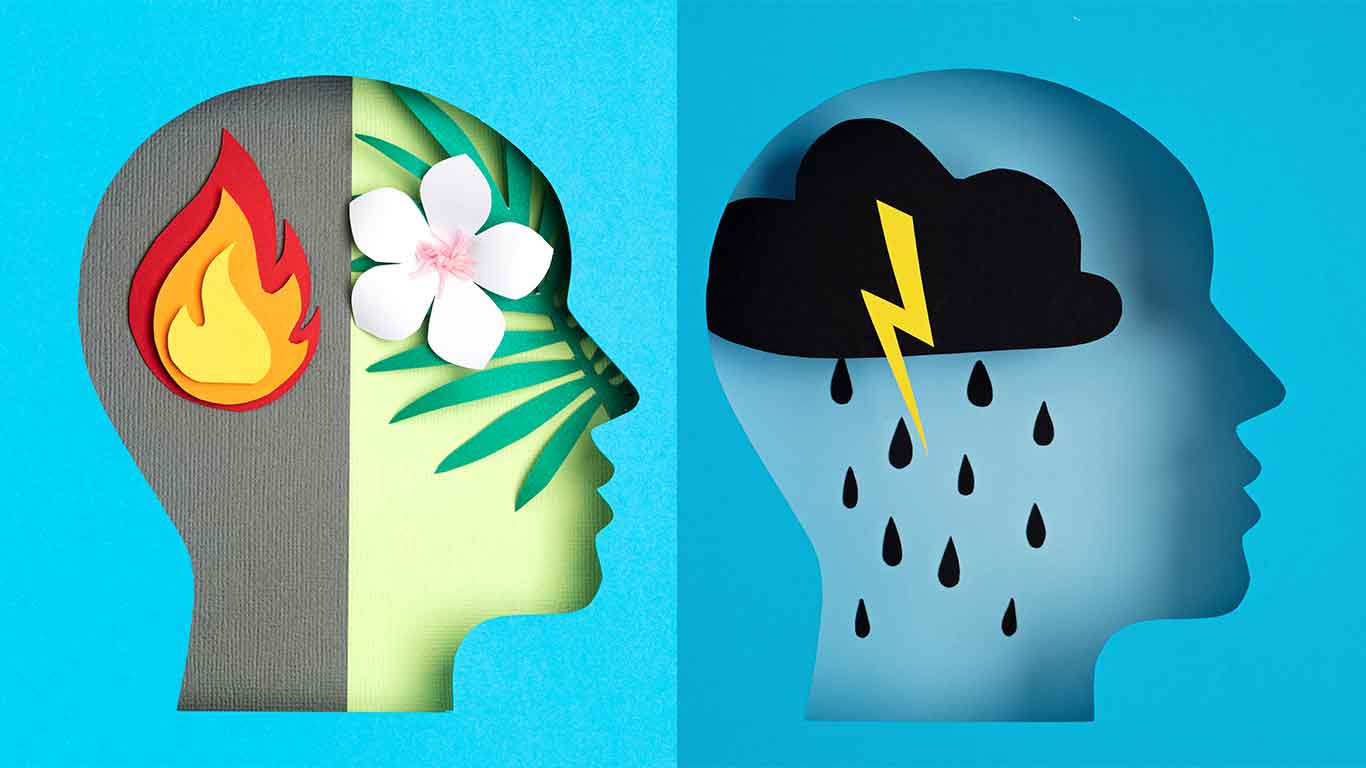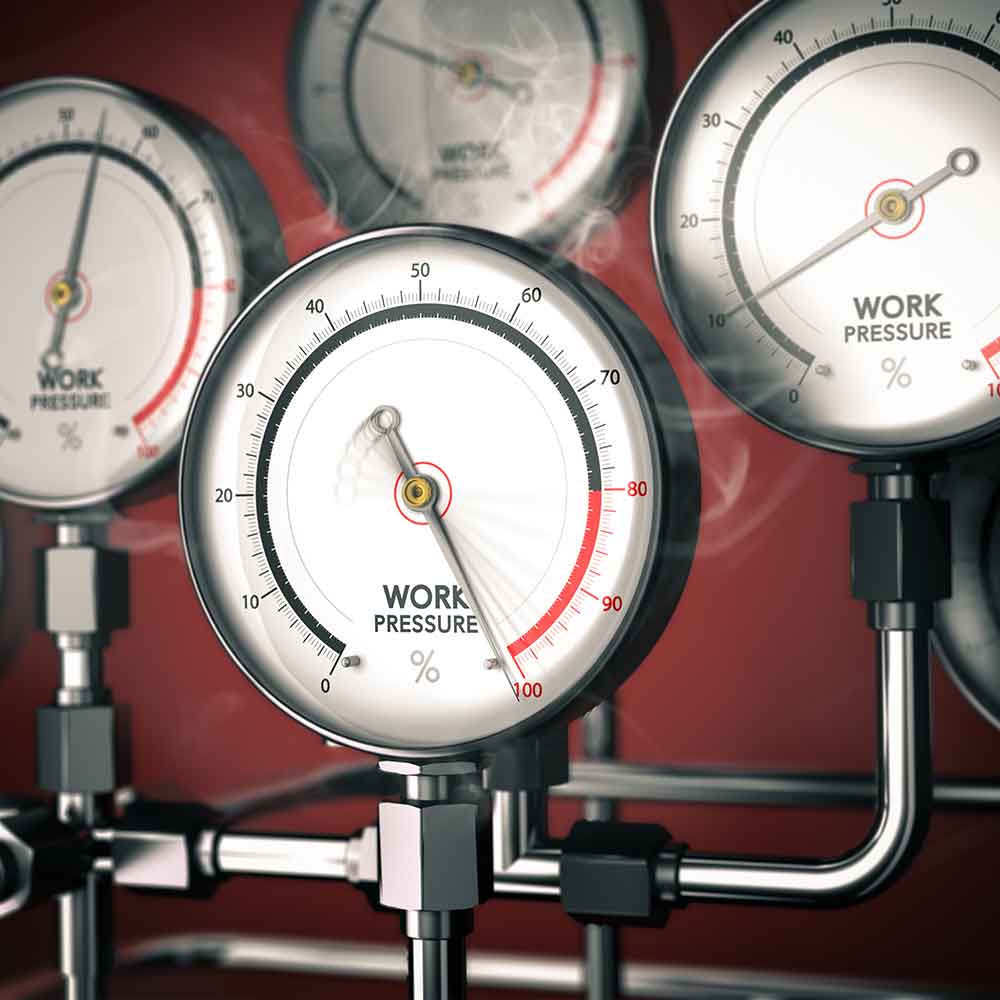
Are you at risk for burnout?
26
August, 2021
Burnout
Soul Care
Guarding Your Heart
Guarding your heart so you don’t have to fix it later
Whether we care to admit it or not, every person is at risk of burnout.
There are plenty of articles, books, and professional speakers and coaches speaking on the need for leaders and individuals to attend to their personal well-being. And for a good reason, there are equally compelling statistics pointing to a high burnout rate for many different occupations.
Putting jobs aside, is there a risk to Christians when we ignore the effect of burnout on our souls?
This article is part one of a series on burnout.

Burnout
Photo by Envato Elements
We’re spiritual people
It might surprise you today that the word “spiritual” is back in vogue. Even academic psychology is now recognizing the spiritual dimension of life. In fact, “spiritual psychology” is a rapidly developing sub-discipline in the field and attempts to bring the scientific method to bear on individual’s “spiritual experiences.”
I first encountered a Spiritual Psychologist when the pharmaceutical company I worked for brought one in to address their employees well-being.
While not all of their insights are helpful, the very fact that academic research now recognizes the spiritual aspect of humanity should tell us something.
We had better pay attention to this part of ourselves.
So what makes up our soul?
Sometimes you will see individuals talk about the mind, body, and spirit (in this article, I use soul and spirit interchangeably). Most of us are comfortable with the concept of mind and body, but what is our “spirit”?
One’s spirit is the convergence of our thoughts, senses, and emotions. This convergence makes up our soul.
Our “spirit” is not something separate from our bodies. Our spiritual self is not a “ghost in a machine.” Neither are our souls distinctive from our bodies. Those are Platonic ideas popularized by the ancient Greeks.
When we differentiate between mind, body, and soul, we’re not making them so distinct that they exist on their own. But instead discussing an aspect or dimension of our being that influences the other.
When your body is sick, it affects your mind and spirit. When your soul is sick, it affects your body and mind. When you believe lies that negatively effect how you see yourself, your body and soul suffer.
In more clinical terms, your mental health affects your physical and spiritual well-being. The opposite is true as well. When your body aches, very often your spirit and mind aches as well.
What’s important to see here is the following. Our souls are the sum total of the emotional, mental, and physical realities that make up our existence. It’s what makes you, well, you.
We experience “drain” when these aspects of our lives are constantly being drawn from without being replenished. Do this long enough, and you’ll hit “rock-bottom.”
So what “drains” our souls?
What’s remarkable about our soul is that it requires care. Both Jesus and the apostle Paul use similar phrases to point to the underlying need to pay attention to and care for the condition of our souls. Jesus said, “Don’t lose heart.” Paul said, “Guard your heart.”
In the ancient near east, the heart was, “the seat of the desires, feelings, affections, passions, impulses, i.e., the heart or mind” (Zodhiates, Spiros. The Complete Word Study: New Dictionary, 2000).
Drain occurs when any of these aspects of our lives are constantly being drawn from without being replenished. Do this long enough, and you hit “rock-bottom.”
Jesus hints at this when he encourages his followers to “not lose heart.” He shared a story of an unscrupulous judgė and a poor widow in need of a just ruling. Luke doesn’t tell us why the judge refused to grant the woman justice. Yet, she persisted in her appeals.
We’re left to speculate just how many times the tenacious woman appeared before the judge. The only detail we’re given is that he finally gave in and granted her request because of the women’s relentless appeals.
Luke then tells us the purpose of the story was to instruct Jesus’ disciples “always to pray and not lose heart” (vs. 1).
From this phrase, we can assume two potential problems — the disciple’s tendency not to pray (replenishing the soul) and consequently the danger to “lose heart,” particularly during difficult seasons.




To “lose one’s heart” is to give in to hopelessness, depression, anxiety, or even fear. When those things are regularly occurring in life, the effect on our bodies and minds is fatigue, exhaustion, and burnout. And as a result, we give up.
That was the risk to the woman in Jesus’ story. Had she “lost heart,” she would have never realized the justice she sought.
We must recognize our souls are at risk when neglected. Discouragement, frustration, anxiety, depression, exhaustion, and fear are soul-killers. And something we must always be on guard against. Paul captures this idea in his letter to the Philippians when he positively states, “Guard your heart.”
The Greatest danger
In my occupation as a pastor, I’ve realized that it is essentially a spiritual enterprise and, therefore, particularly susceptible to drain. And unless I intentionally craft and cultivate ways to continue to address this drain, then I run the risk of bouncing off rock bottom again and again.
The last time I checked, rocks are hard. And they don’t feel very good when you hit one.
Here are some common “soul killers” I’ve faced as a pastor.
Each time I toiled and labored over a sermon, only to deliver it to a poorly attended Sunday gathering, my soul is at risk.
Each time I receive an email or phone call from a member who tells me they’re leaving the congregation or even hints at it, my soul is at risk.
When my children innocently make negative statements about an aspect of my ministry, my soul is at risk.
When I unintentionally offend someone and try to reconcile but fail, my soul is at risk.
Even harder, when I find myself at the bedside of a dying parishioner whom I’ve grown to love, my soul is at risk.
All of the above are examples from my personal experience as a minister. Yet there is an even greater risk than all of the above:
When I fail to recognize how these little things affect me, I’m setting myself up for major burnout.
Attending to my soul isn’t just a nice thing for ministers, it’s critical to my very well-being.
When our souls are ill, those around us suffer. That is the most challenging part of accepting our limits and often a blind spot in our lives.
If left unchecked, this can lead to very painful consequences.

When I fail to recognize how these little things affect me, I’m setting myself up for major burnout.

Are you at risk for soul-burnout?
Think about your occupation or station in life for a moment and ask yourself.
“How is my current situation impacting my soul?”
Do any of these situations apply to you?
Are you a single mom trying to raise kids by yourself?
You’re at risk.
Are you a business, nonprofit, or community leader trying to lead through a difficult season?
You’re at risk.
Are you a husband and father or wife and mother trying to balance the demands of a high-stress career?
Then you’re at risk.
Are you a faithful Christian constantly volunteering and doing stuff for “your church”?
Then you’re at risk.
My point here is that we’re all at risk if we’re not careful.
Today there are lots of options and resources available. I’ve personally found soul care by a trained professional to be very helpful. There are many professions, including life coaching, counseling, mentoring, and even physical training, which can help. Whatever path you choose to follow, taking the necessary steps to address the building deficit in your soul is absolutely critical to restore yourself to wholeness.
So ask yourself the following. Which is better? Hitting rock bottom and then trying to rebuild, or keeping yourself from hitting bottom in the first place? I want to suggest the latter is always better.
What’s important here is to remember the words of Jesus — “Do not lose heart.” That’s more than just good advice. It’s an imperative from our heavenly Lord.




